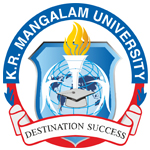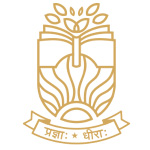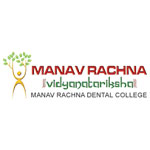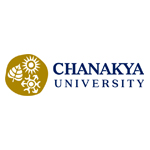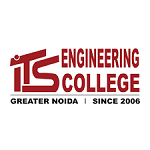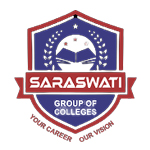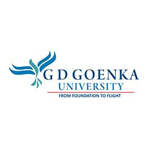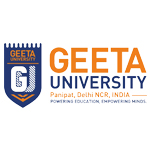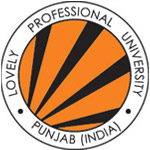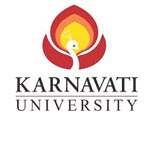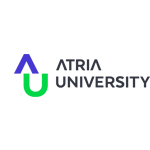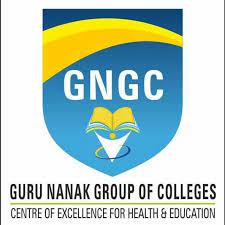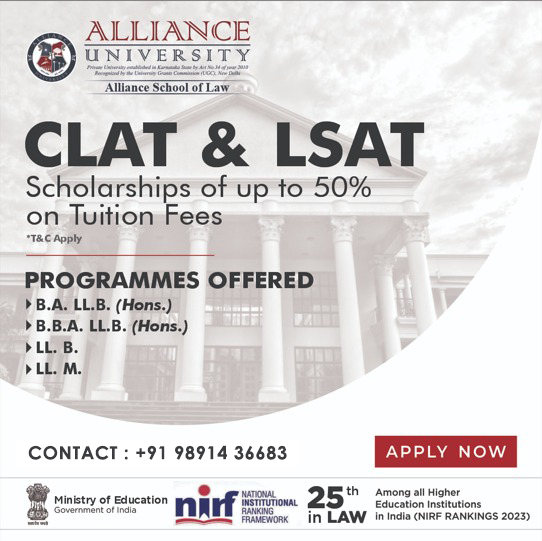State of education in Gujarat: Engineering loses steam
Last month, NITI Aayog vice-chairman Rajiv Kumar had said that Gujarat lags behind in two parameters, education being one of them.
Only a decade ago, acquiring an engineering degree was the most coveted career choice for students in Gujarat. Students, after clearing their class X board exams, used to flock colleges to take science in their 10+2, particularly the non-medical branch or the engineering branch. Outside engineering colleges, there were beelines of students, ready to become engineers. But not any more.
Not only has the popularity of engineering degree and diploma courses, including Masters in Computer Application (MCA), fallen, students are opting for government and government-aided engineering colleges instead of private institutes. Classrooms are vacant, institutes are shutting down and fewer students are opting for non-medical stream, comprising physics, mathematics and chemistry in their 10+2.
Not so long ago, the issue of expensive education and joblessness had become a rallying point in the political campaign of the Opposition Congress ahead of the Assembly elections in the state.
The crisis
The crisis can be gauged from the number of vacant engineering seats in private colleges across Gujarat. As per the data of the last three years accessed by The Indian Express, the number of vacant seats for engineering degree jumped from 27,978 to 33,033. In terms of percentage, the vacancy rose from 45.37 to 57.06 per cent — more than half of the seats. This despite the fact that in the same period, several private engineering institutes have been reducing the number of engineering degree seats — from 61,665 in 2015 to 57,889 in 2017, a drop of 6 per cent.
A similar trend has been observed in engineering diploma seats. Here too, even as the number of seats decreased from 47,970 in 2015 to 44,940 in 2017, the number of vacant seats was 24,877 or 52 per cent in 2015 and 22,579 or 50 per cent in 2017.
Interestingly, in the same period, fewer students were opting for non-medical branch or the engineering stream in Class XI and XII.
In MCA, the situation is even worse. The last three academic sessions saw over 95 per cent seats in MCA course going unfilled across the private institutes in the state. The percentage of vacant seats in the MCA course has remained over 95 per cent in the last three years.
However, bucking the trend are government and government-aided engineering colleges. Here the vacancies also rose, but from 1.19 per cent in 2016 to 7.27 per cent in 2017 — not substantial when compared to the vacancies in private institutes.
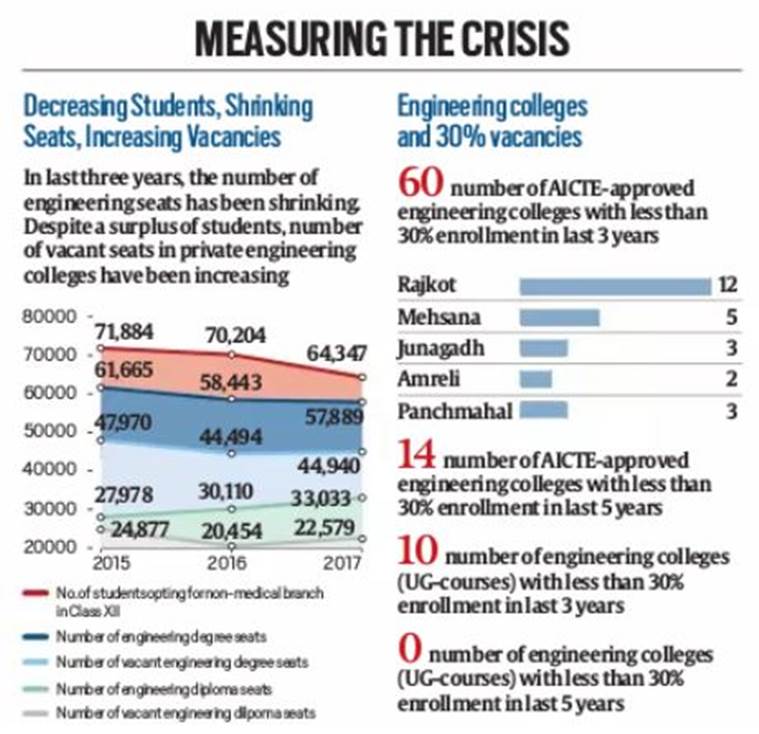
The reasons
Principal Secretary (Higher & Technical Education) Anju Sharma attributes this to failing “quality of education and infrastructure” in private institutes as compared to those run by the government.
But there are two inherent shortcomings in the argument.
First, the number of government and government-aided engineering colleges in the state are minuscule as compared to private institutes. According to the government figures, the number of government colleges offering engineering degree courses are just 16, with three more government-aided colleges. The 19 colleges together have 10,224 sanctioned seats. Compared this to the number of private engineering colleges in the state — 121 — that have over half a lakh of sanctioned seats.
Second, the argument of “better quality education in government colleges” also stands on thin ice as there are a number of vacant teachers’ posts. Sharma said that the process of filling these posts was delayed due to some litigation but is in process, and they will be filled soon.
While the government colleges are entirely funded and run by the state government, there is no grant given to private technical institutes which offer professional courses like MBA, MCA, B.Tech and M.Tech degrees. As a result the fees in private institutes are very high as compared to government or aided institutes.
“From no tuition fee for girls and only Rs 1,500 for boys in government and grant-in-aid engineering colleges to an amount that runs more than Rs 1.5 lakh for one semester, why would one want to pay more for a lower quality of education and infrastructure. Also, barring a few private institutes that have a good placement record, most of them charge high fees and there is no assurance of getting absorbed by the industries,” says Parth Patel, a second year engineering student of a government college in Ahmedabad.
According to Sharma, the vacancies in private engineering colleges also mirror the market. “For instance, there is a time when mechanical engineering seats would go vacant, while a few years later, it would be IT (Information Technology). This keeps changing depending on the absorption of graduates by the industries,” says Sharma.
“This is a fact, that quality education institutes will always find takers. It is only the self-financed colleges where the vacancies are so high. There was a spurt in new private colleges that were set up in recent years to tap the demand of professional courses like engineering and MBA that failed to maintain the quality of education and infrastructure,” she says.
Dr Anup Singh, director general of Nirma University, the only private university to find a place in the National Institutional Ranking Framework’s (NIRF) of top 100 universities, says the demand for professional courses will always be there. “With prosperity, today 30 per cent of the eligible population enrolls for higher education and in another 20 years this will touch 40-45 per cent. Based on Gross Enrollment Ratio (GER), it will increase substantially. So, for another 15 years, there will be a high demand for higher education,” he says.
Stating that with “the government being unable to provide higher education options, private players are trying to tap into this gap which will continue for another two decades”. “To check this, the government should provide support to all private universities and cannot keep itself away from the higher education sector,” he says, adding that the reason private universities fail to claim a place in the all-India rankings is lack of qualified teachers, laboratories and their failure to spend on research.
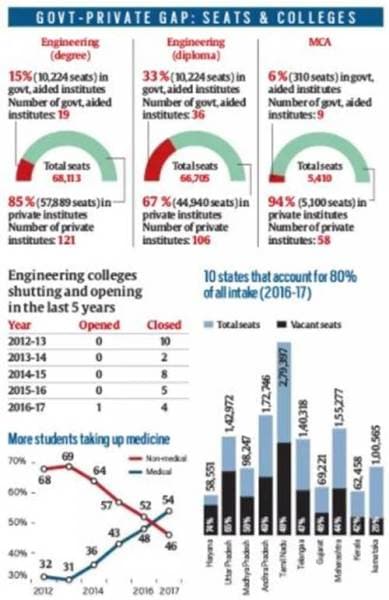
Though Dr Singh claims that private technical institutes will continue to grow, the data suggests otherwise. According to the AICTE, in the last five years, 29 AICTE-approved engineering colleges in Gujarat shut down. In the same period, only one new institute, approved by the AICTE, was opened.
“In the coming years, only those private institutes will be able to survive that will offer quality education, and for that they need to have good qualified staff, liaison with the industry along with research and training,” says Dr G P Vadodaria, member secretary of the ACPC (Admission Committee for Professional Courses) which is the nodal agency in Ahmedabad that conducts a centralised admission process for professional courses.
The ACPC monitors the annual academic inspections of universities and its affiliated institutes on whether a course should be continued or not. The inspection reports are then forwarded to the AICTE, which is the decision-making authority on whether the universities can apply for reduction in seats.
“We inform the parents and students that to get jobs, only degrees will not help and they need to have skills as well. The private universities need to be critical and very strict in deciding reduction of seats,” adds Vadodaria.
The telltale sign
That the sheen of the engineering has faded can be known from the number of students opting for medical stream after their class X board. In the last five years, the number of students opting for medical has increased from 36,286 in 2012 to 74,358 in 2017. On the other hand, those opting for engineering stream has dropped from 76,223 in 2012 to 64,347 in 2017. It was last year that the percentage of students opting for medical stream in their 10+2 pipped engineering by 54:46.
News Source (Indian Express)
Want help with admissions?
Leave us your details and we will contact youApplications for Admissions are open
